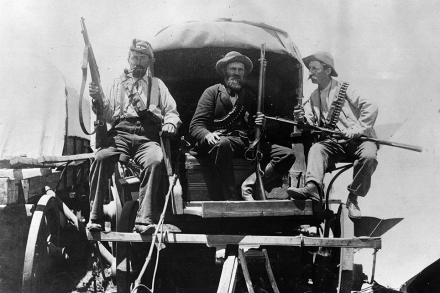Woolworths cancels The Spectator
The Spectator has thousands of readers in South Africa, many of whom get their weekly magazine from Woolworths, the country’s upmarket retailer. Not any longer. Woolworths has taken the bizarre decision to stop selling The Spectator. The apparent trigger? Gareth Roberts’s ‘End of the rainbow’ cover story. Does Woolworths really think its shoppers can’t cope with encountering such an image on their weekly grocery shop? The issue featuring that article hit newsstands at the end of May, on the eve of Pride month – just as Woolworths launched its own storewide rainbow campaign. It seems that Roberts’s piece, in which he argues that Pride’s fall can’t come soon enough, prompted a review













